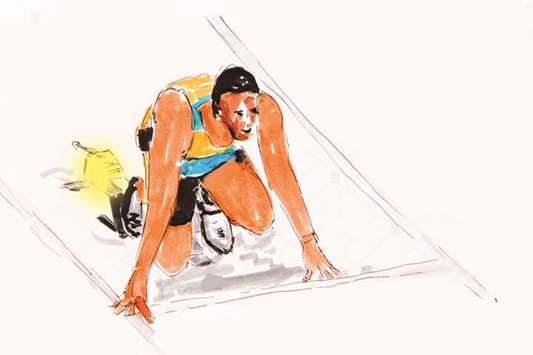Tapping into the microbiome of runners and rowers, scientists have identified a bacteria that inhabits their digestive tracts and may aid in athletic performance, a finding that can help develop probiotic bacteria for applications in performance and recovery.
The results showed that the bacteria that inhabits the digestive tracts of the athletes may help develop probiotic supplements that could help them, and even amateur fitness enthusiasts, recover from a tough workout or more efficiently convert nutrients to energy.
“We are more bacteria than we are human. The bugs in our gut affect our energy metabolism, making it easier to break down carbohydrates, protein and fibre,” said Jonathan Scheiman, post-doctoral student at Harvard Medical School.
“They are also involved in inflammation and neurological functions. So perhaps the microbiome could be relevant for applications in endurance, recovery and maybe even mental toughness,” Scheiman added.
For the study, presented at the 254th National Meeting and Exposition of the American Chemical Society (ACS) in Washington, the team collected fecal samples on a daily basis from 20 athletes training for the 2015 Boston Marathon, to capture how the microbiome changes between performance and recovery.
When they compared the pre-race and post-race samples, the researchers found a sudden spike in the population of one particular type of bacteria after the marathon.
“This bug’s natural function is to break down lactic acid,” Scheiman said.
During intense exercise, the body produces more lactic acid than usual, which can lead to muscle fatigue and soreness. This bacteria could potentially help with that.
The researchers are now feeding the bacteria to mice to measure its effects on lactic acid levels and fatigue.
In another experiment, the researchers compared the bacteria from ultra-marathoners to those found in rowers training for the Olympics.
They found a type of bacteria in ultra-marathoners that can help break down carbohydrates and fibre – which is key during a 100-mile run – that was not present in the rowers, suggesting that different sports may foster niche microbiomes. - DPA

The results showed that the bacteria that inhabits the digestive tracts of the athletes may help develop probiotic supplements that could help them.
